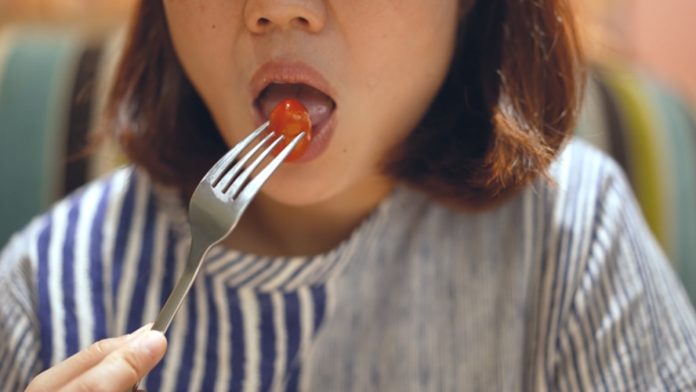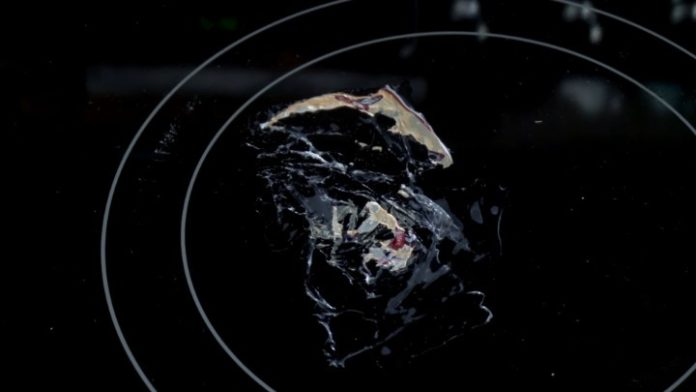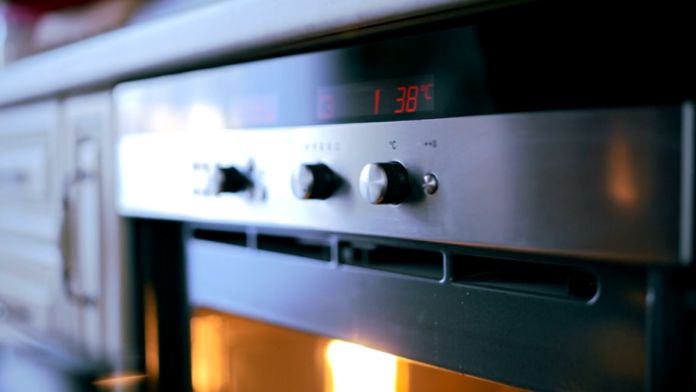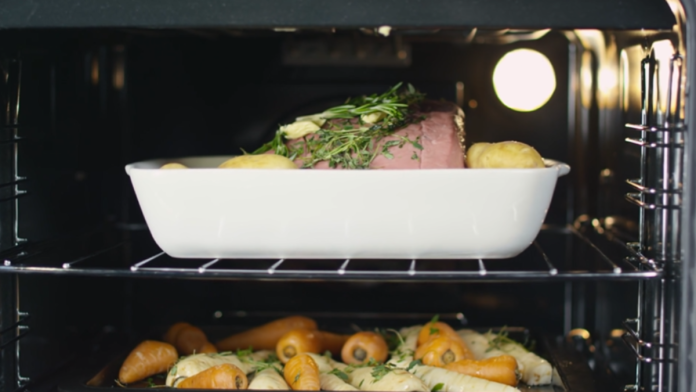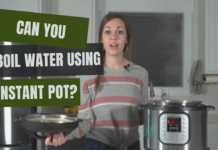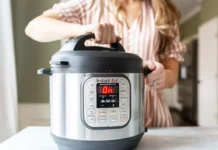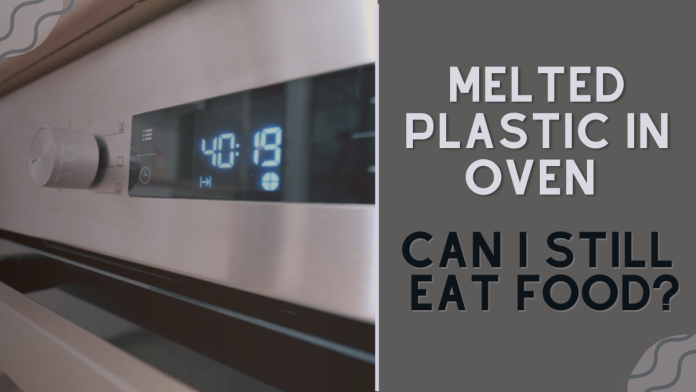
If you’re like me, you’ve probably accidentally melted some plastic in the oven at least once. But can you still eat the food that was cooked in the oven afterward? Let’s find out!
What happens when you melt plastic in your oven?
If you melt the plastic in your oven, it can release harmful chemicals into the air. You should not eat food that has been cooked in a plastic-lined oven.
f you are concerned about your health, you should contact a doctor or medical professional.
Is it safe to eat food that has been cooked in a plastic-lined oven?
If you have melted plastic in your oven, it is important to take immediate action to prevent any further contamination of your food. First, remove any food that has come into contact with the plastic, and then thoroughly clean the oven.
It is not safe to eat food that has been cooked in a plastic-lined oven, as the chemicals from the plastic can leach into the food.
What are the health risks associated with melted plastic in your oven?
There are a few health risks associated with eating food that has come into contact with melted plastic, as the plastic may release harmful chemicals into the food.
Some of these chemicals, such as bisphenol A (BPA), have been linked to health problems like hormonal imbalance, reproductive issues, and cancer. It’s best to err on the side of caution and avoid eating any food that has come into contact with melted plastic.
How can you clean up melted plastic in your oven?
If you have ever accidentally left a plastic bag or other food container on the racks in your oven, you know how difficult it can be to clean up the melted mess. Here are a few tips to help make the job easier.
First, if the plastic is still melted, try to scrape it off with a spatula or other blunt object. If the plastic has cooled and hardened, you can try breaking it up into smaller pieces and lifting it off with a putty knife or other blade.
Once you have removed as much of the plastic as possible, you will need to clean the area to remove any residue. A good way to do this is to make a paste of baking soda and water and apply it to the area with a damp cloth.
Let the paste sit for a few minutes before scrubbing with a brush or sponge. You may need to repeat this process several times to completely remove all traces of the plastic.
Finally, once you have removed all the residue, be sure to wipe down the area with a damp cloth and then dry it completely before using your oven again.
What are some tips for preventing melted plastic in your oven?
Here are some tips to help prevent melted plastic in your oven:
- Avoid using plastic bakeware. If you must use plastic, make sure it is labeled “ oven-safe.”
- Do not put plastic in the oven if it is not specifically labeled as oven-safe.
- Do not put hot pans or dishes on top of plastic containers.
- Do not put aluminum foil on the bottom of the oven. This can cause melted plastic to smoke and create a fire hazard.
- Clean up any melted plastic promptly to avoid smoking and potential fires.
What should you do if you accidentally melt plastic in your oven?
If you accidentally melt plastic in your oven, don’t panic! The first thing you should do is turn off the oven and let it cool. Once it’s cool, carefully remove the plastic pieces.
If there are small pieces of plastic entangled in the food, you can try to pick them out with a knife or fork. If the food is significantly contaminated with plastic, it’s best to throw it away.
In most cases, it’s safe to continue using your oven after removing the melted plastic. However, if the plastic has caused extensive damage to the oven, it’s best to call a professional for repairs.
How can you avoid melting plastic in your oven in the future?
Here are some tips to avoid melting plastic in your oven in the future:
- Avoid using plastic bakeware. If you must use plastic, choose products that are labeled “oven-safe.”
- Never place plastic in a hot oven. Allow hot pans and bakeware to cool before placing them on a plastic surface.
- Use an oven liner to protect the floor of your oven from spills and drips.
- Keep an eye on your food. Melted plastic can release harmful chemicals into food, so it’s essential to check on your food regularly while it’s cooking.
What are some alternative methods for cooking food without using plastic?
If you’re looking to avoid using plastic when cooking, there are plenty of ways to do so. Some alternative methods for cooking food without using plastic include:
- Using glass or ceramic cookware instead of plastic
- Wrapping food in foil or wax paper instead of plastic wrap
- Using silicone baking mats or parchment paper instead of plastic baking sheets
- Using a cloth napkin or tea towel instead of a plastic tablecloth

